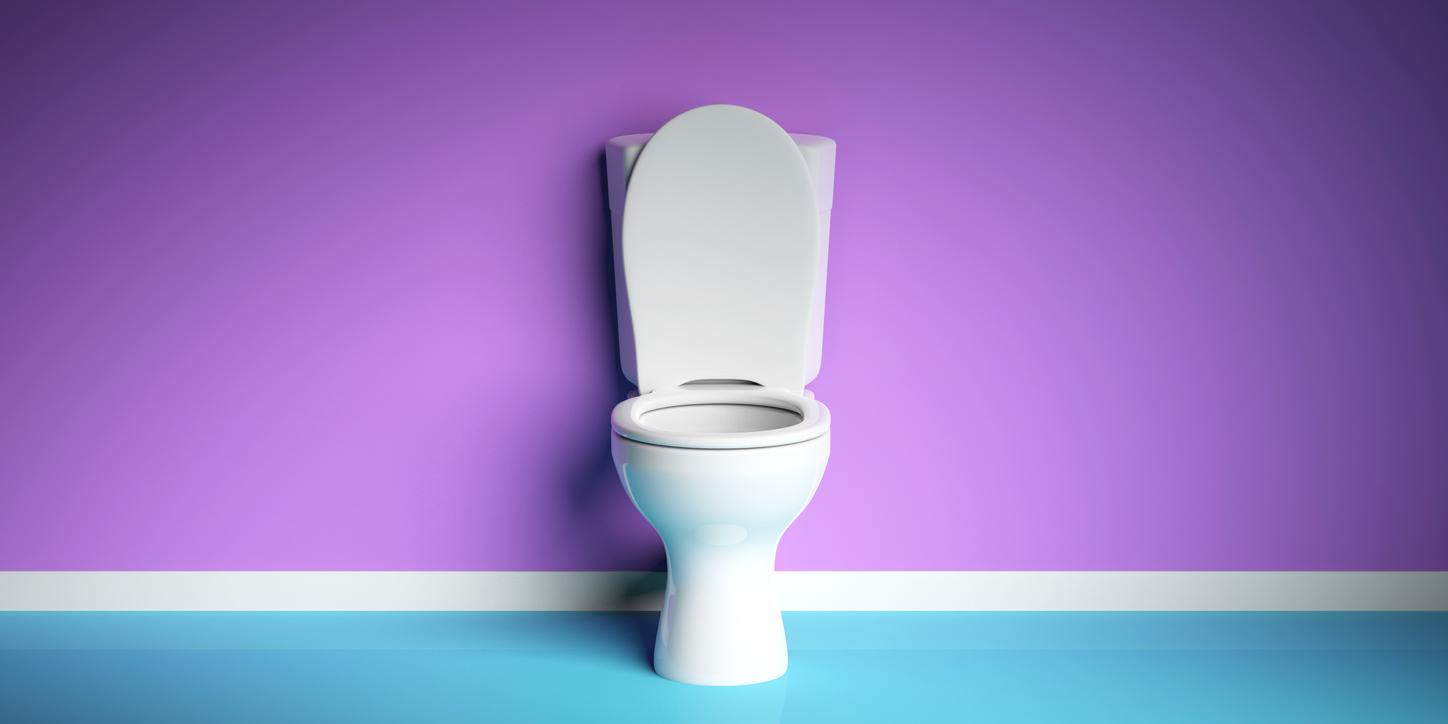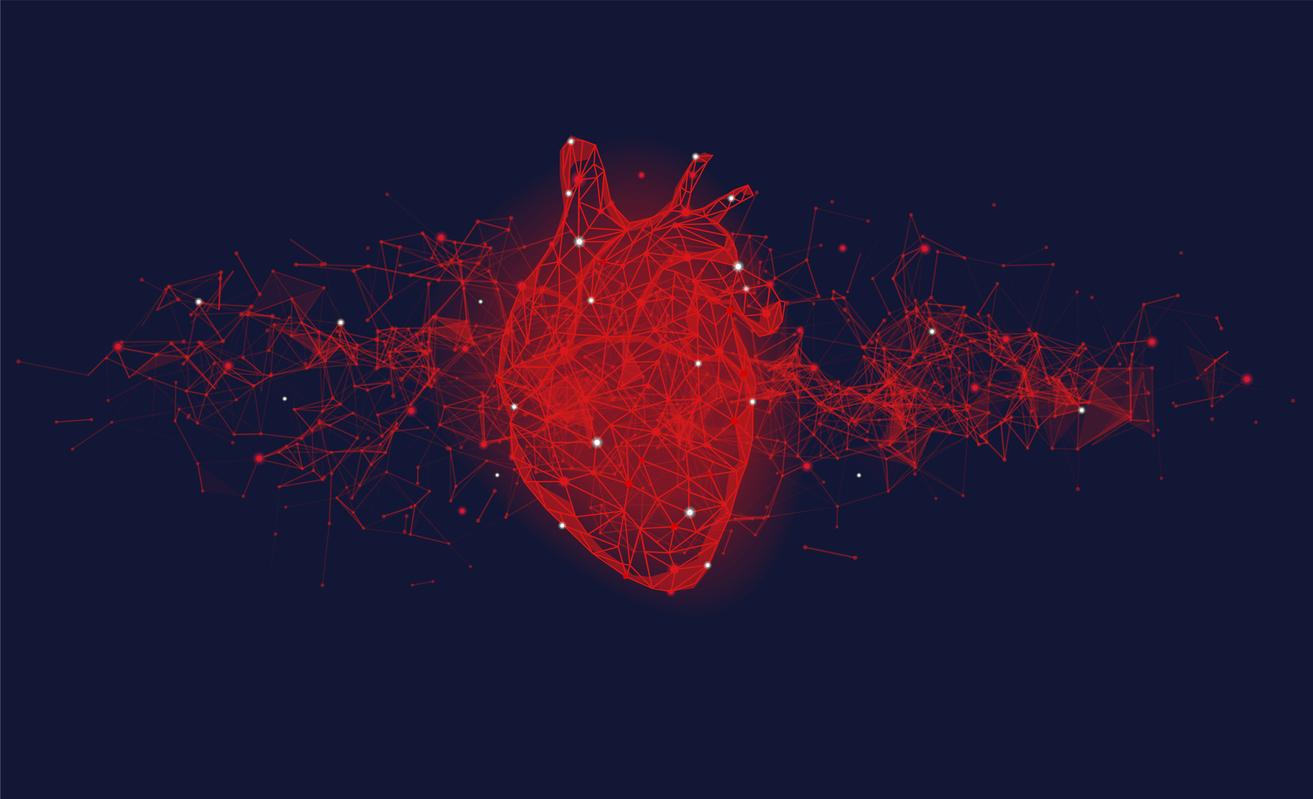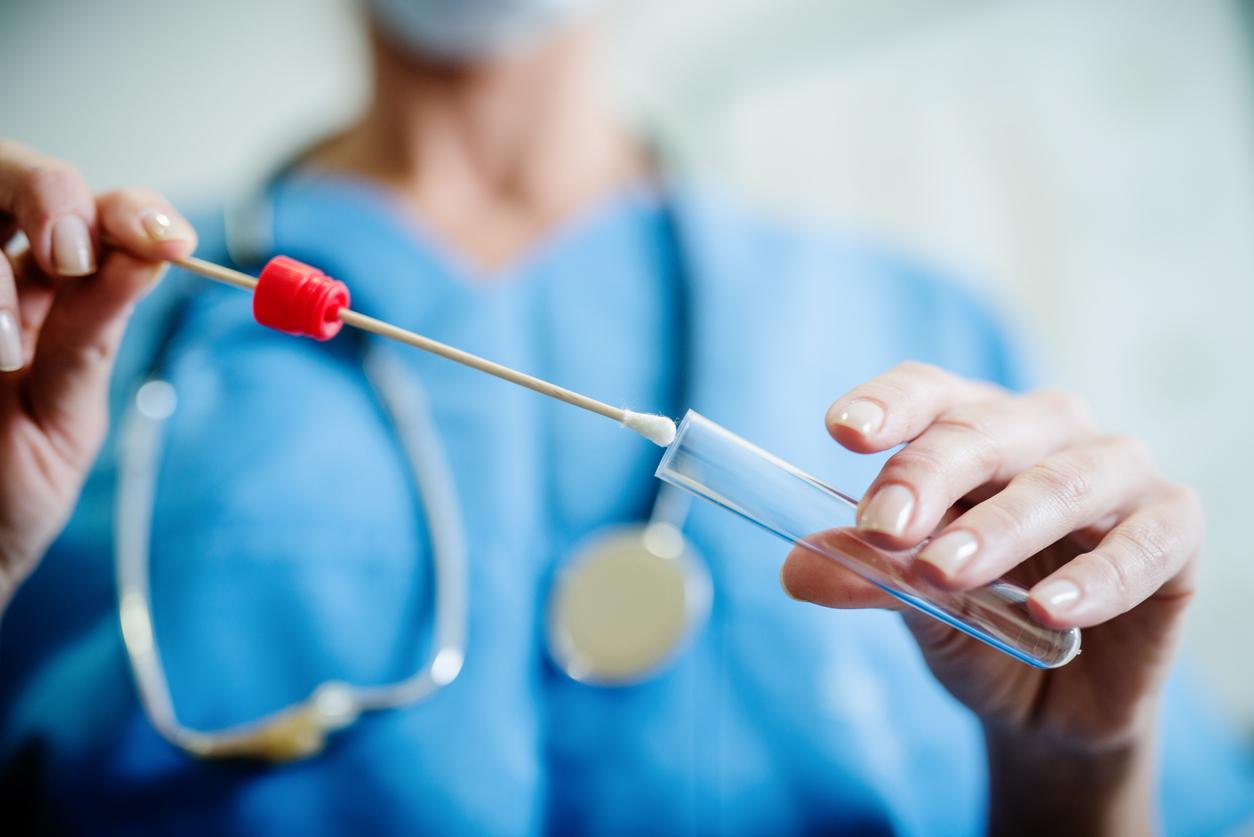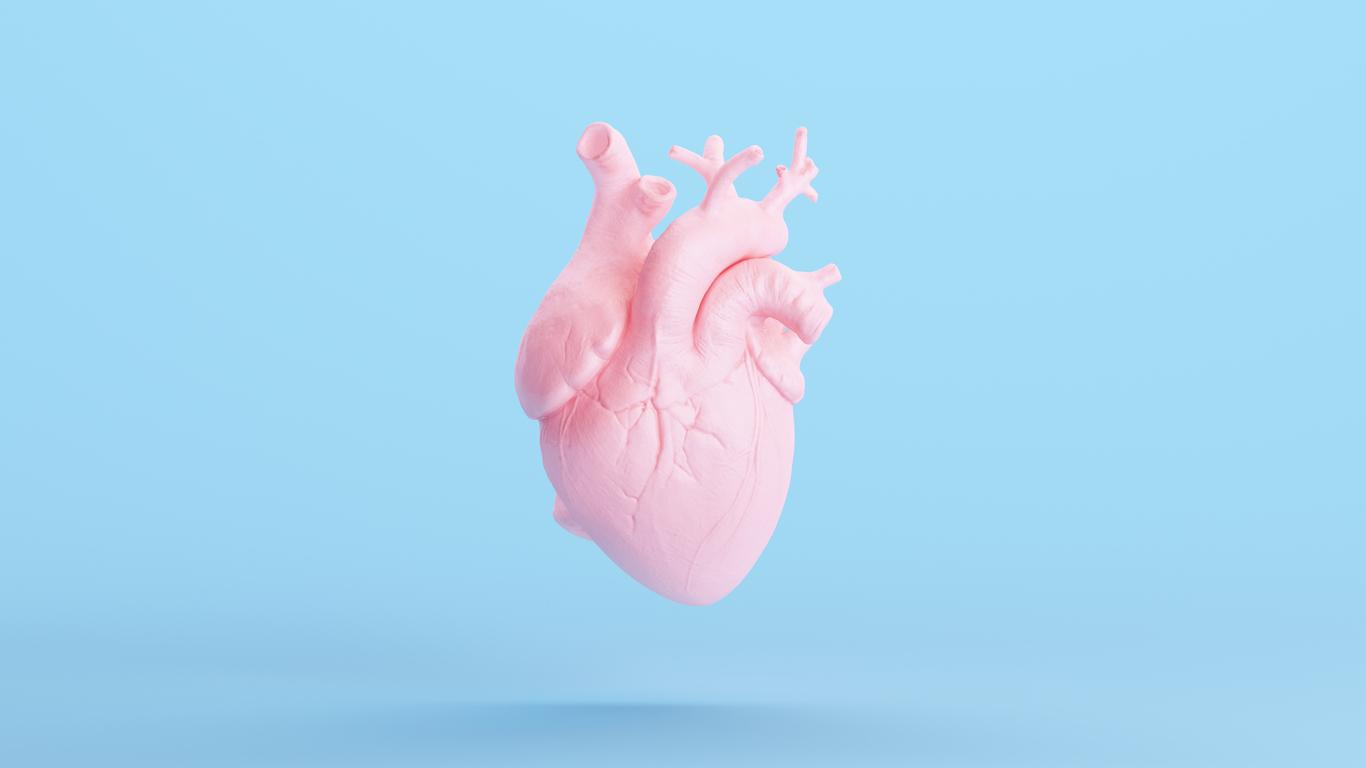A new autonomous artificial heart adapts, on its own, to the physiological needs of patients. Eventually, it could be transplanted to people with heart failure.
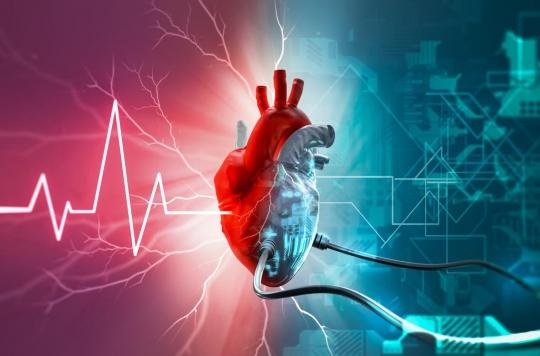
- An autonomous artificial heart obtains very good results in a clinical trial.
- This model adapts the heart rate to the physiological needs of the patients.
2.3% of the population would suffer from heart failure according to Public health France. This percentage rises to 10% among those aged 70 and over. This pathology is an anomaly of the heart pump which no longer allows a sufficient supply of oxygen and nutrients. The heart therefore no longer has the same muscular strength and no longer beats normally. This disorder can have serious consequences such as edema or a heart attack. Heart failure, especially when it is chronic, can be treated in two ways: either with medication, or with surgical treatment that can go as far as heart transplantation in the most serious cases. Due to the lack of donors for this transplant, researchers have been working for several years to develop an artificial heart. One of these prototypes, the Carmat total artificial heart, has just obtained very good results in a clinical trial.
The artificial heart adapts to the physiological needs of patients
This is an artificial heart with a self-regulating control mechanism, that is, it works automatically. It can therefore adapt, on its own, to the physiological needs of patients treated for heart failure that affects one or both sides of the heart. The results of the clinical trial have been published in the journal ASAIO Journal. In this study, ten patients with heart failure and whose only therapeutic option was transplantation, were followed for two years after the implantation of this artificial heart. The results are convincing: in all the participants, the automatic mode of the Carmat heart made it possible to adapt the cardiac output to their physiological needs. “The automatic Carmat total artificial heart mode with integrated pressure sensors enables effective and appropriate physiological responses that reflect the changing daily needs of patients and thus provide cardiac replacement therapy.than”explain the researchers whose main author is Ivan Netuka.
Replacement pressure sensors and pumps
The automatic artificial heart works thanks to cardiac replacement pumps which adapt their action according to the pressure sensors – previously set by a doctor – located inside the device. These pressure sensors collect physiological information, rest or physical activity for example, to adapt the beats of the artificial heart to the needs of patients. Thus, whatever the activity of the individuals, the beats are adapted and normal. The great advance of this product is therefore to be completely autonomous: once discharged from the hospital, patients can resume a normal life. They have far fewer constraints than with previous models of artificial hearts.
Few medical appointments after artificial heart transplant
In detail, the ten patients who participated in the clinical trial had a heart rate of, on average, between 78 and 128 beats per minute. Their blood pressure was also normal. For all of them, the artificial heart has adapted well to their changing needs. Additionally, the parameters initially set by the physician were changed only about 20 times, most of which were adjustments made within the first 30 days after device placement. Only four were done after the patients went home, an appointment every eleven months. “(That) can contribute to greater autonomy of patients outside the hospital environment and to an improvement in their quality of life”, say the authors. Promising results for an artificial heart that may eventually save many patients. Each year, 70,213 deaths are associated with heart failure.

.








